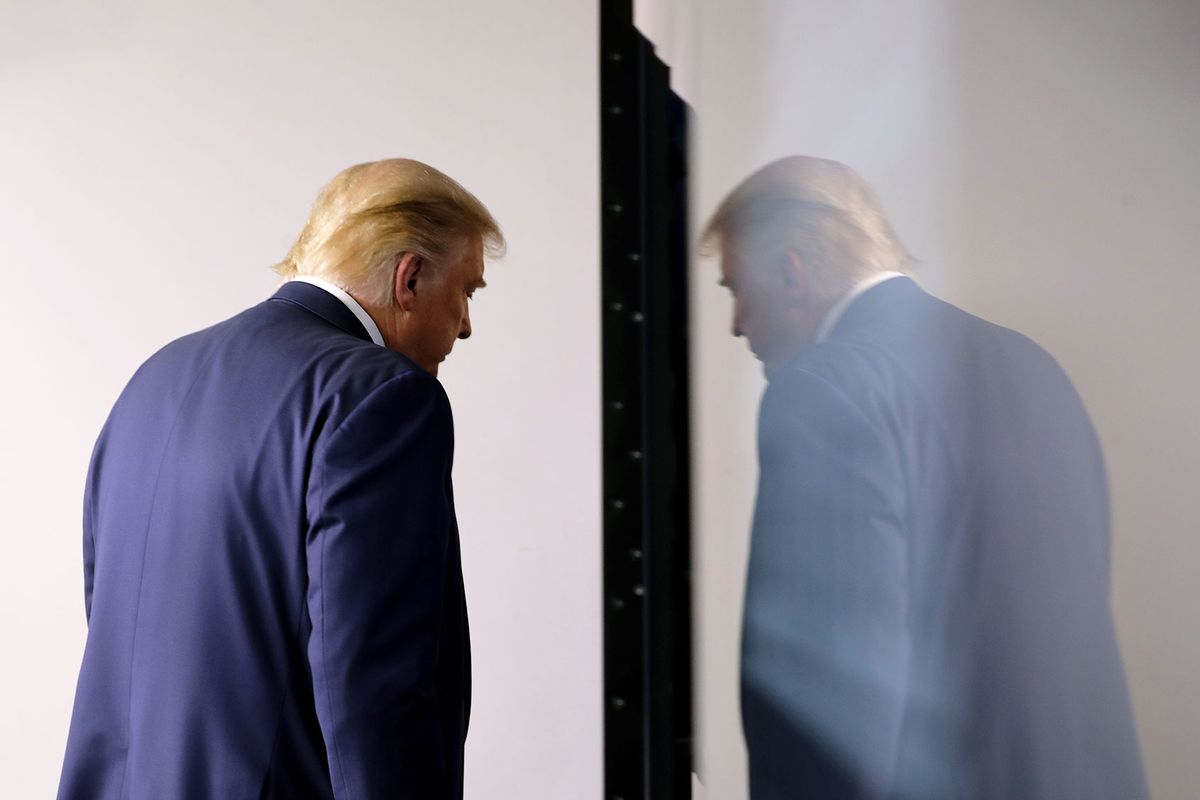Judge Aileen Cannon, the Trump-appointed federal district court judge overseeing the Justice Department's documents case against the former president, denied the special counsel's motion for a protective order in the case Wednesday because the defense and the prosecution have not conferred sufficiently.
According to the Guardian and the Independent, Cannon told the Department of Justice that it can refile the motion for the protective order, required under section three of the Classified Information Procedures Act, once it has adequately conferred with attorneys for Trump and the personal aide charged alongside him, Walt Nauta.
The CIPA governs the use of classified materials during a case with section three requiring the court — at the government's request — to issue an order "to protect against the disclosure of any classified information disclosed by the United States to any defendant in any criminal case."
The DOJ reached out to the defense Friday regarding the proposed protective order but filed the motion Monday after not receiving any engagement from them that day or over the weekend, Bloomberg News reports. In the Wednesday hearing, Cannon told the DOJ that it needed to give Trump and Nauta's legal teams more time to negotiate the terms for handling the sensitive materials.
Legal experts decried Cannon's decision Wednesday, arguing that the move substantiates the efforts to delay the trial being made by Trump's legal team, who the Guardian reported "weren't interested in engaging" with the Justice Department to confer.
We need your help to stay independent
"This is a bad call by Cannon! The DOJ attempted to confer with defense counsel and didn't hear back from them. This is on defense counsel, not DOJ. Cannon should hold defense counsels' feet to the fire [fire emoji], and not delay CIPA proceedings because of the BS gamesmanship," MSNBC legal analyst Katie Phang wrote on Twitter, calling it "another assist by Cannon that unnecessarily delays the proceedings."
Former federal prosecutor Brandon Van Grack, who served on special counsel Bob Mueller's team, said it was "very odd to deny the motion" instead of "requiring defense counsel to articulate objections."
"On Monday, DOJ explained it had reached out to defense counsel on Friday, who did not wish to confer that day or over the weekend. Defense counsel cant get classified docs w/o a protective order," he wrote on Twitter Wednesday.
Want a daily wrap-up of all the news and commentary Salon has to offer? Subscribe to our morning newsletter, Crash Course.
"This adds more delay," legal analyst and former federal prosecutor Renato Mariotti tweeted.
"Oy. When one side does not meet, it is hard to confer," added former federal prosecutor Andrew Weissmann, another Mueller probe alum and NYU law professor. "This legitimizes defense delay tactic."
Read more
about the documents case



Shares